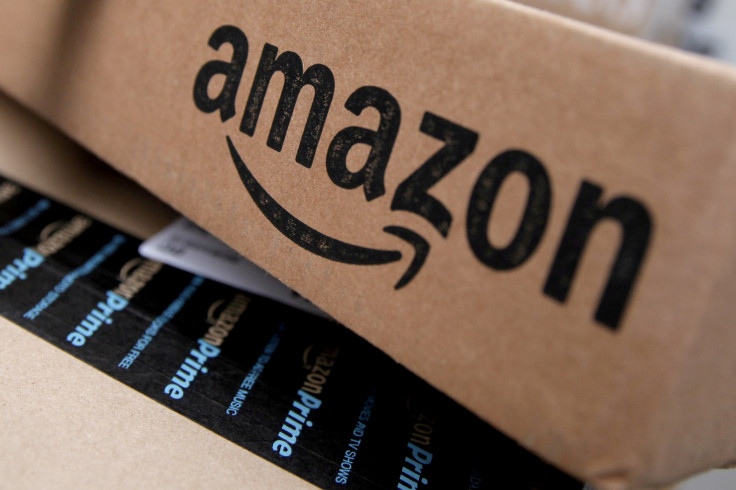Amazon sellers ship expired, discontinued food: Report
The company recently acquired Whole Foods, but still sells food items on its e-commerce portal.
Amazon it seems is repeatedly violating food safety norms. Its sellers are selling expired food to customers, according to a new report.
Amazon's online marketplace is the world's biggest and relies on millions of third-party sellers. While it is more popular for selling electronics and books, the company acquired Whole Foods two years ago and now sells groceries online.
According to a new report, Amazon's third-party sellers are increasingly selling expired products to customers. It is even selling counterfeits and unsafe products, which would be in direct violation of the US Food and Drug Administration norms if sold at a brick-and-mortar store.
Amazon sells a vivid array of items ranging from baby formula to beef jerky and if these items are past their "use-by date", they may be very harmful to a user's health.
CNBC interviewed brands, customers and third-party sellers, all of whom blamed it on the loopholes in Amazon's technology and logistics system.
There is no accountability in its system, according to the report for sellers selling unsafe food. As the marketplace grows, it is only expected to get worse.
Around 58 percent of the company's total merchandise is sold by third-party sellers.
CNBC scanned the Amazon Marketplace and found that 40 out of 100 top food products had complaints about customers receiving expired food.
Amazon has made it easy to sell expired stuff at low prices. For example, Starbucks announced in 2017 that it was shutting down its Teavana brand. Two years later, Teavana products can still be found on Amazon's website. In fact, some of them are sold with a 'not for sale' label still intact.
The company needs to weed out these sellers before it becomes a class-action lawsuit as have been waged against many food companies in the US for selling bad products.
This goes to show that even though online marketplaces are taking over from physical marketplaces, unless they are subjected to the same level of scrutiny and regulation, it will remain unfair not just to brick-and-mortar stores, but even customers.

© Copyright IBTimes 2025. All rights reserved.





















